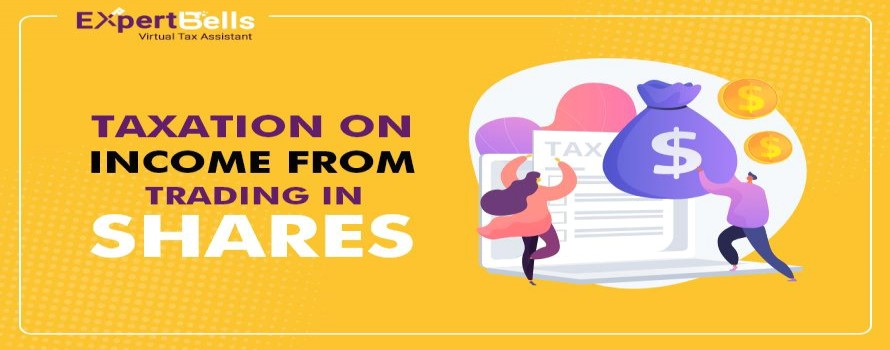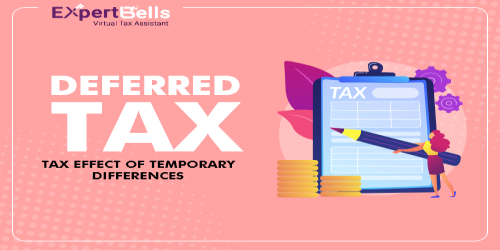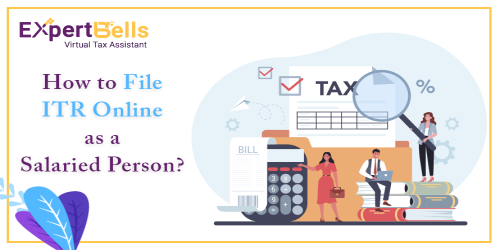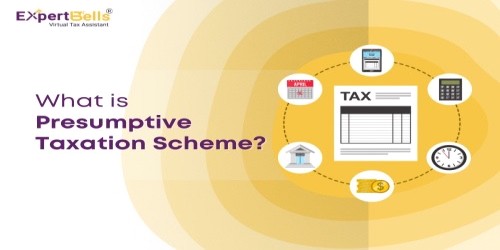Taxation on Income from Trading in Shares

As we know Income from salary, business and house property are taxed under various heads, Income/loss from sale of equity shares is taxed under the head “Capital Gains”.
Gains From Equity Shares
1. Short Term Capital Gain and losses:
When the equity shares listed on a Stock exchange are sold within 12 months of its purchase,the seller may earn Short term capital gain or incur Short term capital loss.
Calculation of Short-term capital gain = Sale price (minus) Expenses on Sale (minus)Purchase price
2. Long Term Capital Gain and losses:
When the equity shares listed on a Stock exchange are sold after 12months of purchase,the seller may earn Long term capital gain or incur Long term capital loss.
Taxation Of gains From Equity Shares
1. Tax on STCG (Short Term Capital Gain):
Short term capital gains are taxable at the rate of 15% irrespective of your tax slab. Also if your total taxable incomeexcluding short term gains is less than the taxable income then you can adjust this shortfall against your short term gains. Remaining short term capital gains shall then be taxed at 15%+4%cess.
2. Tax on LTCG (Long Term Capital Gain):
Long term capital gain on equity shares listed on stock exchange is not taxable upto the limit of INR 1Lac.
LTCG of more than INR 1Lac on sale of equity shares or equity-oriented units of the mutual fund will attract a capital gains tax of 10% and the benefit of indexation will not be available to the seller.
Loss From Equity Shares
1. Short Term Capital Loss:
Any STCG from sale of equity shares can be set off against short or long termcapital gain from any capital asset.If the loss is not set off entirely,it can be carried forward for a period of 8 years and adjusted against any long term or short term capital gains made during these 8 years.
2. Long Term Capital Loss:
Any losses arising from listed equity shares, mutual funds etc would be allowed to be carried forward and set off in accordance with amendments made in the Act in 2018.As per these amendments, Long term capital loss can be set off against long term capital gain and unabsorbed long term capital loss can be carried forward to subsequent 8 years for set off against long term capital gains.
Securities Transaction Tax(STT)
STT is applicable on all equity shares which are sold or bought on a Stock Exchange.STT is levied on equity,derivates, and unit of equity oriented mutual fund.Provisions of collection of STT are quite similar to TCS or TDS.STT is required to be collected by the recognized mutual fund or the person authorized in case of every mutual fund or the lead merchant banker in case of an Initial Public Offer ,as the case may be and subsequently payable to the Government on or before 7th of the following month.
Levy Of Securities Transaction Tax (STT)
|
S.No. |
Taxable securities transactions |
Rate |
Person responsible to pay |
Value on which STT is to be paid |
|
1. |
Delivery based purchase of equity share
|
0.1% |
Purchaser |
Price at which equity share is purchased* |
|
2. |
Delivery based sale of equity share
|
0.1% |
Seller |
Price at which equity share is sold* |
|
3. |
Delivery based sale of a unit of oriented mutual fund |
0.001% |
Seller |
Price at which unit is sold* |
|
4. |
Sale of equity share or unit of an equity oriented fund in recognized stock exchange otherwise than by actual delivery or transfer and intraday traded shares
|
0.025% |
Seller |
Price at which equity share or unit is sold* |
|
5. |
Sale of an option in securities |
0.017% |
Seller |
Option premium |
|
6. |
Sale of an option in securities,where option is exercised |
0.125% |
Purchaser |
Settlement Price |
|
7. |
Sale of futures in securities |
0.01% |
Seller |
Price at which such futures is traded |
|
8. |
Sale of unit of an equity oriented fund to the Mutual Fund – Exchange traded funds (ETFs) |
0.001% |
Seller |
Price at which unit is sold*
|
|
9. |
Sale of unlisted shares under an offer for sale to public included in IPO and where such shares are subsequently listed in stock exchanges |
0.2% |
Seller |
Price at which such shares sold*
|
|
10. |
Purchase of units of equity oriented mutual funds |
NIL |
Purchaser |
NA |
*Please refer Rule 3 of Securities Transaction Tax Rules, 2004 for the manner of determining value of taxable equity or Equity oriented mutual fund transactions.
Debate On Sale Of Shares As Business Income VS Capital Gains
Some of the taxpayers treat gains or losses from the sale of shares as ‘Income from Business’, while others treat it as ‘Capital gains’. In case of significant share trading activity (e.g. if you are a day trader with lots of activity or if you trade regularly in Futures and Options), usually your income is classified as Income from Business.
As per CBDT, If the taxpayer himself opts to treat his listed shares as stock-in-trade, the income shall be treated as business income, irrespective of the period of holding of listed shares.
If the taxpayer opts to treat the income as capital gains then that is also acceptable. This is applicable for listed shares held for a period of more than 12 months. However, this stand once taken by a taxpayer in a particular assessment year shall be applicable in subsequent assessment years also. And the taxpayer will not be allowed to take a different stand in subsequent years. In all other cases, the nature of transaction (whether capital gains or business income) shall continue to be decided basis the concept of ‘significant trading activity’ and the intention of the taxpayer to hold shares as ‘stock’ or as ‘investment’.
WRITTEN BY
CA PALAK S JAIN
Related Articles

Deferred Tax- Tax Effect of Temporary Differences
Deferred tax is the tax for those items which are accounted in Profit & Loss A/c but not accounted in taxable income which may be accounted in taxable income in future & vice versa. It shall either be paid or has already been settled due to momentary inconsistency between an organization’s income statement and tax statement. The word Deferred has been derived from the word “Deferments” which means setting out for something to happen at a future date.

How to Save Income Tax on Salary Income
As soon as the Assessment year comes, the salaried class gets agitated about their tax returns. For you it is foremost to understand the tax slab and what is the meaning of each of your salary breakup component. By acknowledging this, you can figure out how to save tax. Let us understand about your salary components and how you can save tax on your salary income point by point.

SECTION 194Q OF THE INCOME TAX ACT 1961-TDS ON PURCHASE OF GOODS
Any person, being a buyer who is responsible for paying any sum to Seller for purchase of any goods of the value or aggregate of such value exceeding fifty lakh rupees in any previous year, shall, at the time of credit of such sum to the account of the seller or at the time of payment thereof by any mode, whichever is earlier, deduct an amount equal to 0.1 per cent. of such sum exceeding fifty lakh rupees as income-tax
Leave A Reply
Your email address will not be published. Required fields are marked *
Most Popular Blogs


What is a Mentor? Definition, Purpose & More

Difference Between Mentor and Mentee

How To Find A Business Mentor: A Complete Guide



5 Comments
Lorem Ipsum is simply dummy text of the printing and typesetting industry. Lorem Ipsum has been the industry's standard dummy text ever since the 1500s, when an unknown printer took a galley of type and scrambled it to make a type specimen book. It has survived not only five centuries, but also the leap into electronic typesetting, remaining essentially unchanged. It was popularised in the 1960s with the release of Letraset sheets containing Lorem Ipsum passages, and more recently with desktop publishing software like Aldus PageMaker including versions of Lorem Ipsum.
Lorem Ipsum is simply dummy text of the printing and typesetting industry. Lorem Ipsum has been the industry's standard dummy text ever since the 1500s, when an unknown printer took a galley of type and scrambled it to make a type specimen book. It has survived not only five centuries, but also the leap into electronic typesetting, remaining essentially unchanged. It was popularised in the 1960s with the release of Letraset sheets containing Lorem Ipsum passages, and more recently with desktop publishing software like Aldus PageMaker including versions of Lorem Ipsum.
Lorem Ipsum is simply dummy text of the printing and typesetting industry. Lorem Ipsum has been the industry's standard dummy text ever since the 1500s, when an unknown printer took a galley of type and scrambled it to make a type specimen book. It has survived not only five centuries, but also the leap into electronic typesetting, remaining essentially unchanged. It was popularised in the 1960s with the release of Letraset sheets containing Lorem Ipsum passages, and more recently with desktop publishing software like Aldus PageMaker including versions of Lorem Ipsum.